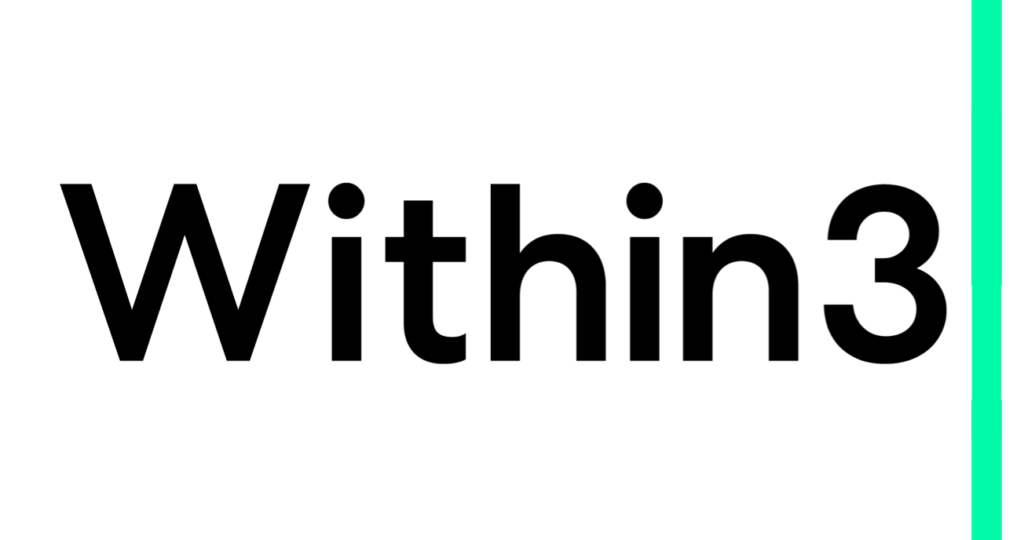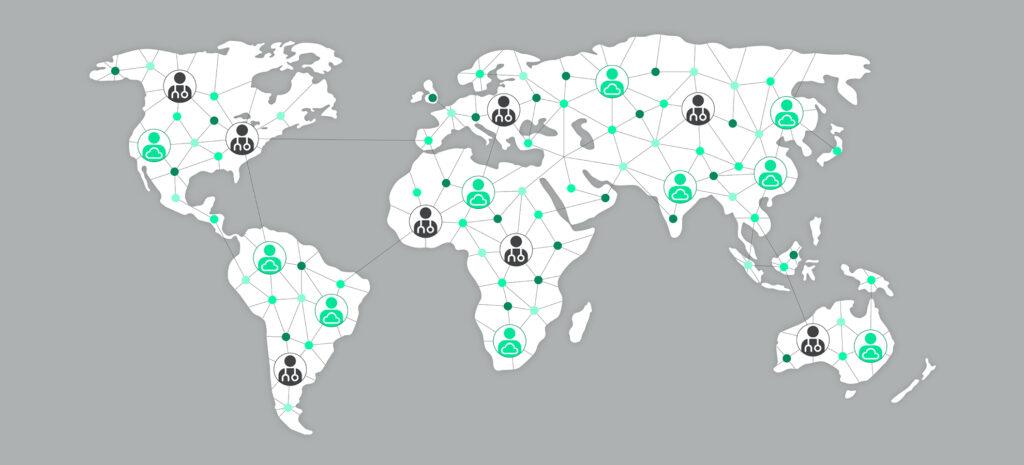According to the World Cancer Research Fund, more than 18 million new cancer cases were recorded in 2020 – the latest year for which data is available. Cancers represent the second-leading cause of death globally; as of 2019, oncology therapeutics accounted for 20% of global pharmaceutical sales. It’s more urgent than ever for drug companies to obtain cancer insights to develop successful new treatments.
Cancer remains one of the greatest challenges to our species, and until such a time as that changes, the oncology market will continue to be a crucial one for pharmaceutical companies. This article will explore the top oncology challenges in pharma and how an insights management platform can support medical affairs teams.
The oncology landscape: crowded, complex, and competitive
Oncology is a highly-complex field, owing much to the varied nature of the disease. Cancer Treatment Centers of America puts the total number of cancer types and subtypes at over 100, while Cancer Research UK puts that figure at well over 200. The fact that we can’t even find consensus on the number of cancer types hints at some of the problems facing pharmaceutical companies operating in the oncology landscape.
Oncology is big business, and the market is highly competitive – currently, the top 10 players in the oncology space account for 31 of 35 blockbuster treatments. Given the sheer variety of cancer types and their prevalence in the population, it’s perhaps unsurprising that researchers and pharma companies devote enormous resources to developing new therapies. Recent advances in genomics, molecular biology, and the delivery of precision oncology treatments (among others) have opened up exciting new avenues for drug development – potentially transforming patient outcomes in the near future. All of this contributes to one of the largest, most important, and most competitive markets in the entire pharmaceutical landscape.
“The global oncology drugs market size was valued at $141.33 Bn in 2019 and is projected to reach $394.24 Bn by 2027.” – Fortune Business Insights
But developing new oncology drugs is notoriously difficult – particularly for rarer forms of cancer. Smaller companies might find it more or less impossible to attract sufficient patient numbers to carry out a three-stage clinical trial, while the FDA and other regulatory bodies are often left to approve new therapies based on insufficient data. Even for more prevalent cancer types, a lack of well-defined targets or suitable biomarkers can make the oncology drug development process enormously challenging. The fact that oncology data is often unavailable, siloed, or largely unstructured further complicates matters for med affairs teams.
“Cancer therapeutics currently have the lowest clinical trial success rate of all major diseases.” – Caglan, Meyer, ‘Rethinking cancer: current challenges and opportunities in cancer research’
The importance of insight gathering in oncology
The complexity of cancer drug development can hinder success in this highly competitive market. But by adopting a mature insights management strategy, medical affairs oncology teams can arm themselves with the insights they need to empower informed decision-making.
“Big data analytics can provide new and powerful insights into the effectiveness and performance of products among their specific real-world population and healthcare systems.” – Geldof, Huys, Van Dyck, ‘Real-world evidence gathering in oncology’
An effective insights management strategy can help teams better understand their disease communities and the players within them. Network analytics enables teams to identify and engage the right experts in the right places – whether HCPs or patient advocates – and more effectively select trial sites to optimize enrollment and retention.
By using asynchronous engagement applications, med affairs teams can unlock valuable oncology insights through diverse, global conversations – and even hold decentralized clinical trials designed to optimize patient centricity.
And finally, teams that employ AI tools such as natural language processing and sentiment analysis as part of their insights management strategy can extract full value from their field force engagements – effectively automating the process of insight gathering to yield vital information rapidly.
Insights management can play a vital role in helping medical affairs teams ensure success in the chaotic and congested oncology market. Find out how one team used the insights management platform to obtain crucial insights in an oncology engagement for medical affairs.







